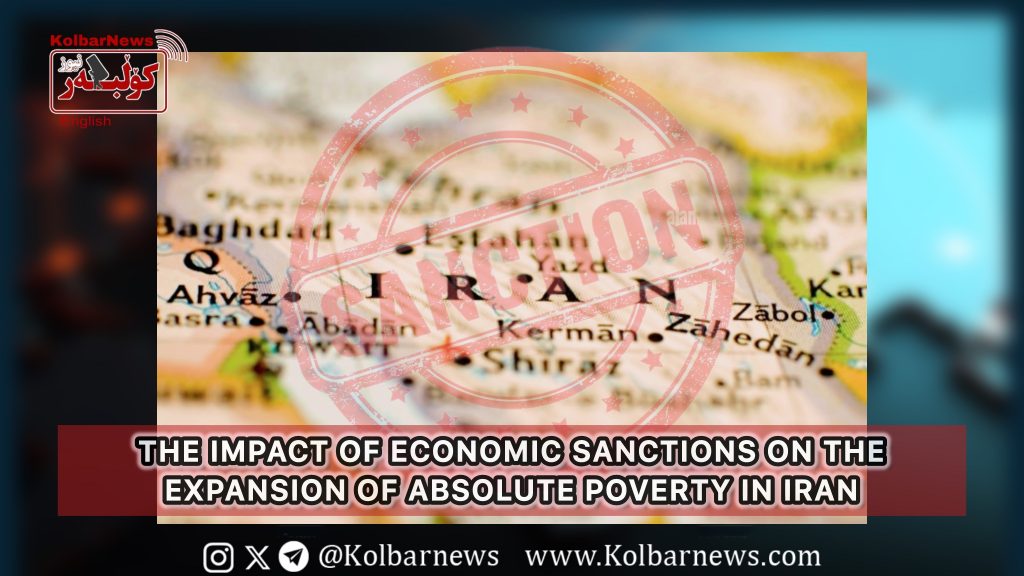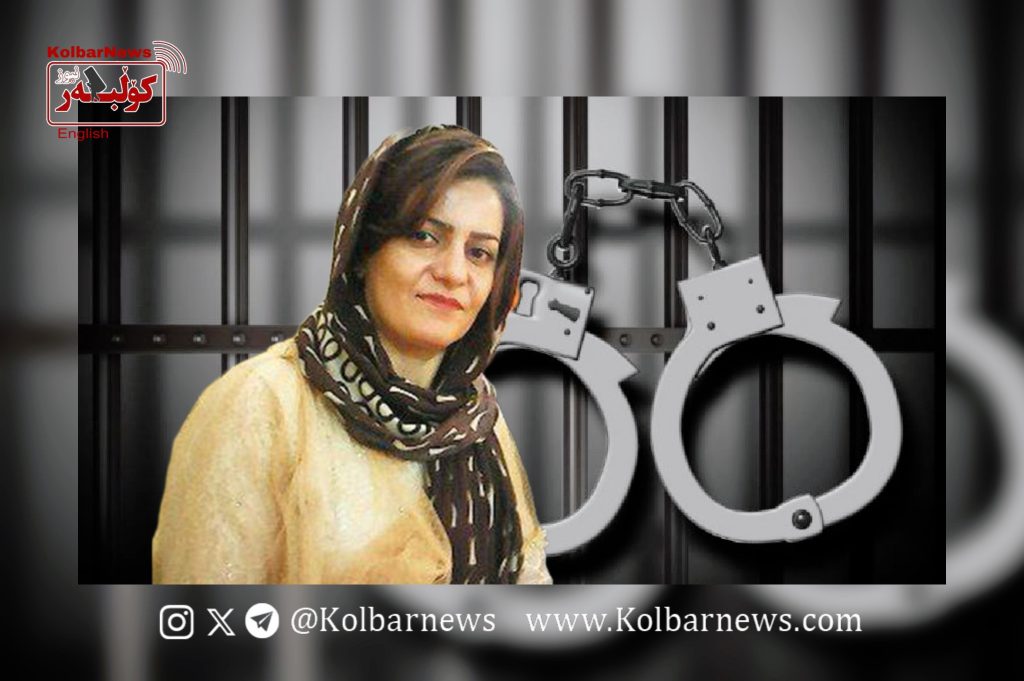
During his election campaign, Masoud Pezeshkian promised to lift sanctions through negotiations. To encourage some people to participate in the elections, he claimed that he would “put an end to the market of sanction profiteers.” These sanctions, which are ostensibly imposed against the Islamic Republic but in reality impact the Iranian people, are either international sanctions imposed by the United Nations Security Council or imposed by European governments and the United States. The United States, as the largest imposer of sanctions against the Islamic Republic, has been a major player in this regard.
The use of economic pressure against governments and peoples by the U.S. government is not a new policy. In addition to using military and diplomatic power in its dealings with governments, the U.S. has also employed the power of the dollar and economic sanctions to advance its objectives in various countries. The U.S. government has imposed 15,000 economic sanctions against countries, companies, or individuals to date. Iran, along with a number of brokers and Iranian entities, has been among the targets of these sanctions. These sanctions were imposed following the U.S. Embassy seizure in Tehran, the Islamic regime’s attempts to acquire nuclear weapons, the development of long-range missiles, the organization of proxy forces in the region, and especially against Israel. Khamenei’s response to these sanctions has been to promote the hollow slogan of “resistance economy,” which has failed. The ruling elite have even referred to sanctions as a “blessing,” creating a corrupt, intermediary-driven economy that is one of the factors behind the severe poverty in society. To circumvent the sanctions, large sums of money have been funneled into the pockets of a newly emerging bourgeoisie inside Iran and brokers abroad, particularly traders in Dubai, to import needed goods. These inflated costs are ultimately paid by Iranian consumers. Additionally, as sanctions have negatively impacted the export of oil, petrochemical products, and similar goods, the government and employers have effectively passed the burden of sanctions onto workers and wage earners by reducing wages and, consequently, purchasing power. The severe reduction in insurance and social services has also been a measure against the working class. Furthermore, goods that the U.S. and other countries have labeled “dual-use” have been imported through profiteering brokers at exorbitant prices and made available in the market. Owners of industries that require these goods have often refrained from using them in production, leading to the closure of factories, the unemployment of workers, and the diversion of capital either out of Iran or into the speculative and construction sectors. Sanctions have also dramatically affected the prices of essential foreign medicines, with traders opting not to import them. As a result, people in need have had to either endure the lack of these medicines or use low-quality domestic substitutes, sacrificing their health and longevity.
These realities, some of which have been highlighted, demonstrate that the main burden of sanctions falls on the shoulders of the people. Some citizens, especially educated and talented young people, have responded to this situation by emigrating. However, the vast majority of the population, particularly working families, have had to endure the rising costs. In contrast to the suffering of the people, brokers and producers of low-quality goods, many of whom are connected to Khamenei’s court or military, police, and intelligence forces, have reaped significant profits from the sanctions. This, in turn, has exacerbated discrimination and financial corruption, further increasing the pressure on ordinary citizens.
The sanctioning governments, including American policymakers, are well aware that the heavy burden of sanctions falls on the people. This is precisely their intention. They aim to put severe pressure on ordinary citizens, hoping that their protests will force the regime to comply with U.S. and allied policies in the region. U.S. and European leaders have publicly stated that they do not intend to overthrow the Islamic Republic of Iran and that sanctions do not possess such power. The sanctioning governments themselves seek the regime’s survival, as the Islamic Republic, by suppressing leading workers, freedom fighters, communists, women’s rights activists, and other social movements, ultimately serves the long-term interests of Western capitalism. They want to transform the Islamic Republic from an opposing regime into a cooperative partner in the region.
These sanctions, in addition to affecting the masses, also harm a segment of the Iranian bourgeoisie. Pezeshkian’s commitment during the election campaign to disrupt the sanction profiteers’ business was also in service of this segment of the bourgeoisie. However, the composition of the current cabinet has shown that these profiteers are too powerful for a compliant president to challenge the policies set by Khamenei and the central power structure.
Economic sanctions are a thoroughly anti-people policy that has exacerbated widespread misery and poverty. The struggle of the Iranian people, within the context of the Jina revolutionary movement, is the path that leads to liberation from the clutches of the Islamic regime and the misery it has imposed on the people of this country.

